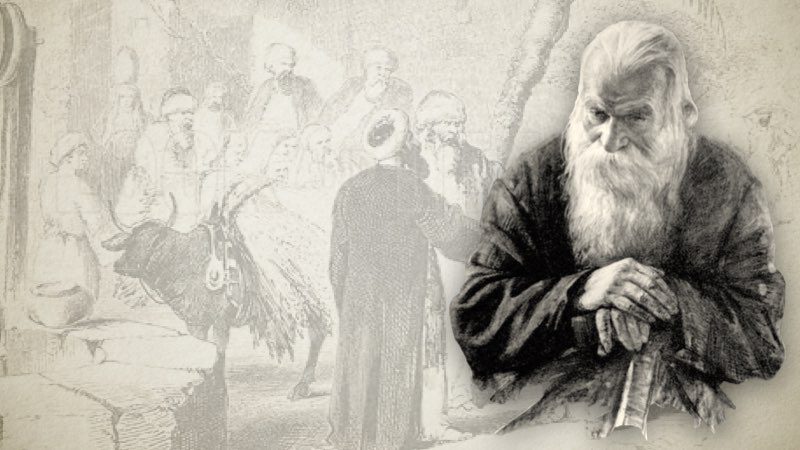
5. The Early Churches Were Small And Had No Need For A Set Of Appointed Elders
According to Robert J. Banks, in his book, ‘Paul’s Idea of Community’,[1] the early churches met in the private houses of the well-to-do members:
“Whether we are considering the smaller gatherings of only some Christians in a city or the larger meetings involving the whole Christian population, it is in the home of one of the members that EKKLESIA is held (Acts 18:7,8; 20:8)—for example in the “upper room” (Acts 20:8; Lk 22:12; Acts 1:13). Not until the third century do we have evidence of special buildings being constructed for Christian gatherings, and, even then, they were modeled on the room for receiving guests in the typical Roman and Greek household. This puts a limit on the numbers involved. The entertaining room in a moderately well-to-do household could hold around thirty people comfortably—perhaps half as many again in an emergency. The larger meeting in Troas, for example, was so large that Eutycus had to use the windowsill for a seat (Acts 20:9). A meeting of the “whole church” may have reached forty to forty-five people— if the meeting spilled over into the atrium then the number could have been greater, though no more than double that size—but many meetings may well have been smaller. The average membership was around thirty to thirty-five people. This is comparable to the number of people who belonged to a voluntary association. The “house churches” and the domestic groups would have been much smaller. In any event we must not think of these various types of community groups as particularly large. Certainly there is no suggestion that, as in the synagogue, ten men had to be available before they could commence their gatherings. Even the meetings of the “whole church” were small enough for a relatively close relationship to develop between the members. So long as they preserved their household setting, this was bound to be the case.”
If it be argued the church at Ephesus, for instance, had a plurality of bishops/pastors, I would point out that even that church met in private houses (Acts 20:20; 1 Cor 16:19; 2 Tim 4:19). It is natural to assume one bishop was appointed to oversee each house church. It is certainly a noteworthy point to observe how the Apostle Paul, in 1 Timothy 3, uses the term bishop in the singular, whereas he uses the term deacons in the plural. Does this not suggest each church should be overseen by one bishop, assisted by a group of deacons?
The fifth reason Baptist churches should not appoint elders is because the early churches were small and had no need for a set of appointed elders. Churches that are too large for a single bishop/pastor to oversee, should consider dividing into smaller congregations whereupon other bishops/pastors might be appointed to serve as leaders. In addition, like cell-division, these smaller, split-off and mushrooming congregations re-sited in other neighborhoods would also obviously constantly expand the witness of the church further afield in a logically natural and simple outworking of mission activity, that is to say, it is the church reproducing itself.
This would certainly be more in keeping with the example and pattern set by the early churches. But a single ‘mega-church’ typical of the fashion today, simply growing fat, rooted in one spot and never purged and duplicated (John 15:2), achieves no natural outreach or expansion farther than its own neighborhood. This leads to the sixth reason why Baptist churches should not appoint elders—an adoption of elders introduces a new set of problems for the church.
——————————-
[1] Robert J. Banks, “Paul’s Idea of Community”, 1994, P. 35.
Jared Smith served twenty years as pastor of a Strict and Particular Baptist church in Kensington (London, England). He now serves as an Evangelist in the Philippines, preaching the gospel, organizing churches and training gospel preachers.
Jared Smith on Eldership
Jared Smith on the Biblical Covenants
Jared Smith on the Gospel Law
Jared Smith on the Gospel Message
Jared Smith on Various Issues
Jared Smith, Covenant Baptist Church, Philippines
Jared Smith on Bible Doctrine
Jared Smith on Bible Reading
Jared Smith's Studies in Romans
Jared Smith's Hymn Studies
Jared Smith's Maternal Ancestry (Complete)
Jared Smith's Sermons






